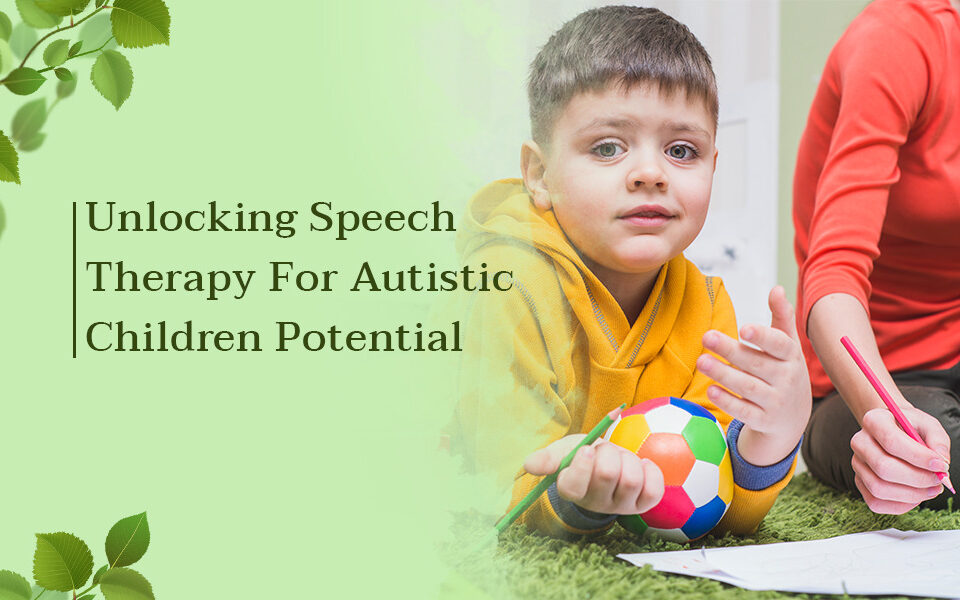- Jofa Tower 5th floor, SB-23, Block 13 C, Main University Rd, Gulshan-e-Iqbal, Karachi.
- +92 322 3746726
- tis@transformation.com.pk
Autism Treatments

Autism Spectrum Disorder
June 21, 2023
Autism Spectrum Disorder (ASD)
June 21, 2023Autism Treatments Available
Since autism is such a dreadful disorder in children during the first three years of life, a lot of research is underway to come up with new effective treatments. Low levels of minerals and vitamins such as folic acid, chromium, calcium, magnesium and iron continue to cause autism in children. The main goal of treatment is to maximize your child's ability to function by reducing symptoms of the disorder and supporting learning and development. It is believed that children with autism can be treated with mineral nutritional supplements, and multivitamins show initial improvement. It is important to include these supplements in the diet of children with autism to improve their behavior.
There is currently no one standard treatment for autism spectrum disorder (ASD). Many different treatments and interventions are available to people with Autism Spectrum Disorder (ASD). It's important to note that autism is a complex condition, and different approaches can work differently for each person. Here are some commonly used treatments for autism.
Behavioral Therapies:
These treatments emphasize minimizing harmful behaviors while promoting and rewarding desirable behaviors. The widely used therapy known as Applied Behavior Analysis (ABA) teaches social, communication, and everyday living skills through incentives and positive reinforcement.
Speech Therapy:
Speech-language pathologists help people communicate more effectively through speech, language, and social interaction. For the purpose of fostering the growth of communication, they might employ strategies such as visual aids, sign language, and alternative communication systems (such a picture exchange communication systems).
Occupational Therapy:
Fine motor skills, self-care routines, sensory integration, and adaptive behaviors are just a few of the daily living abilities that occupational therapists assist people in developing. They put a strong emphasis on fostering independence and strengthening motor coordination, self-regulation, and sensory processing.
Social Skills Training:
People who receive this therapy are able to communicate with others better and acquire useful social skills. To teach abilities like making eye contact, taking turns, and interpreting social signs, it may use structured activities, role-playing, and social storytelling.
Medication:
Medications may be recommended to treat particular autistic symptoms or co-occurring illnesses, such as anxiety, hyperactivity, aggression, or sleep issues. A licensed healthcare practitioner should prescribe and oversee the use of medication.

Educational Interventions:
Individualized education plans (IEPs) or special schools for autistic children can offer a structured and encouraging learning environment that is adapted to the needs of people with autism. To address educational aims, these programs could include a range of therapies and interventions.
Alternative and Complementary Therapies:
Some people and families look into complementary or alternative therapies, such as dietary changes, music therapy, sensory integration therapy, or animal-assisted therapy. Before pursuing these strategies, it's crucial to get advice from healthcare specialists and obtain data that is supported by evidence.
To create an individualized treatment plan based on the unique strengths and problems of the autistic person, it is essential to consult a multidisciplinary team of professionals, including psychologists, therapists, and educators. The intervention plan must be continuously evaluated and modified because each person's needs and treatment responses can differ.
However, you should be careful when considering one of these treatments. If you have not received a measure of convincible proof that these treatments can in fact help, then you should rather check for an alternative program that might be available. Autism treatments are unfortunately not a cure for this disorder, but they will help create a healthier atmosphere for the person or child with autistic tendencies. Unfortunately, there is no known cure for autism, however, treatments can help those with autistic tendencies live in a more comfortable environment. There are several tests that have been mentioned to determine whether your child might have autism. There has been a great deal of debate concerning these tests. But the accuracy measure has been remarkably clear. Prenatal testing is one of these procedures that is used.
Research on children's growth from birth through roughly age nine mainly falls under this category. When you suspect your child may have autism, this will give you a solid idea of the signs to watch out for. A separate test might be performed at this point in the pregnancy. This examination is also performed to rule out the possibility that a kid will be born with Down's syndrome.
This will provide parents with the choice to end the pregnancy. Already, this topic is up for much debate. But whether or not the parents are ready to take a chance on having an autistic kid is totally up to them. A few medications are available to attempt to stop autism in newborns. These medications are used to stop the production of testosterone, however, how well they work depends largely on the user.
According to how severe the autism problem is identified in your kid, there may not be a single, universally successful technique to treat autism. However, by speaking with your doctor, you will learn which treatment choice will be ideal for your child. These autism therapies may be able to significantly improve the lives of kids with autism.




